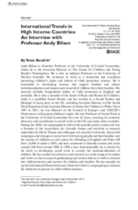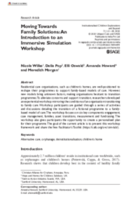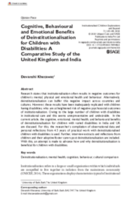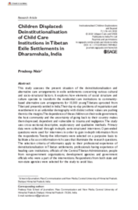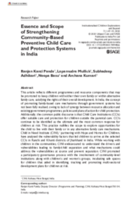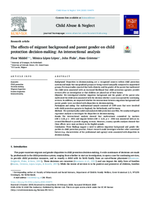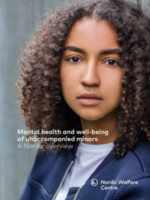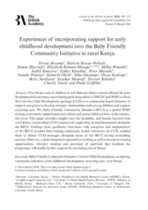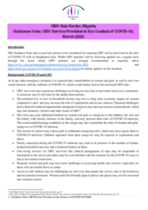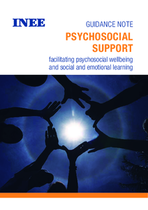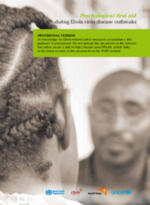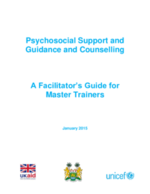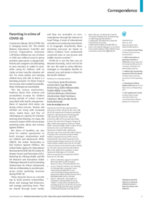International Trends in High Income Countries: An Interview with Professor Andy Bilson
In this interview, Andy Bilson - Emeritus Professor at the University of Central Lancashire, Associate Director of The Centre for Children and Young People’s Participation, and researcher promoting children’s rights and reform of child protection systems - discusses the trends in children's care and protection in the UK and globally over the past few decades.

